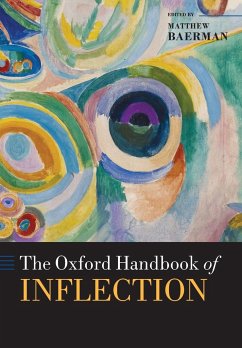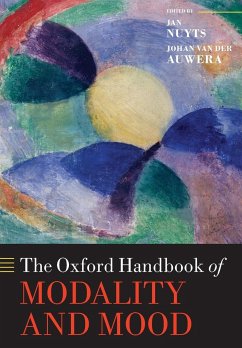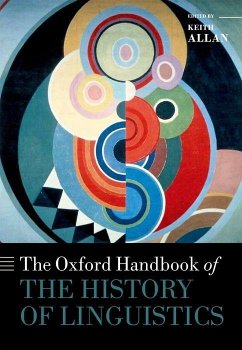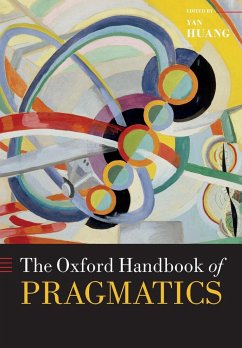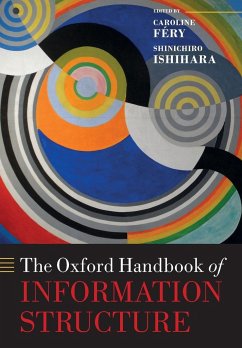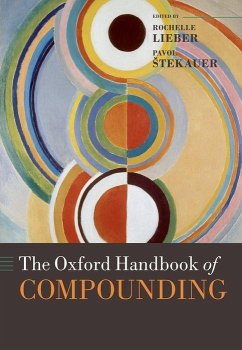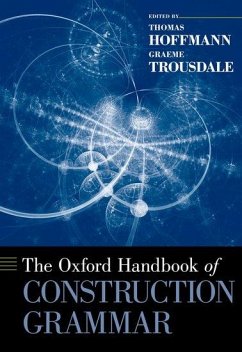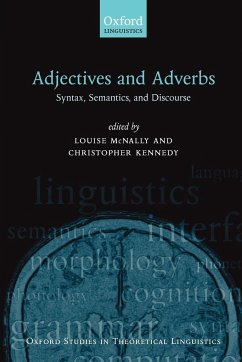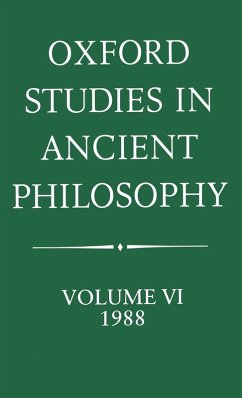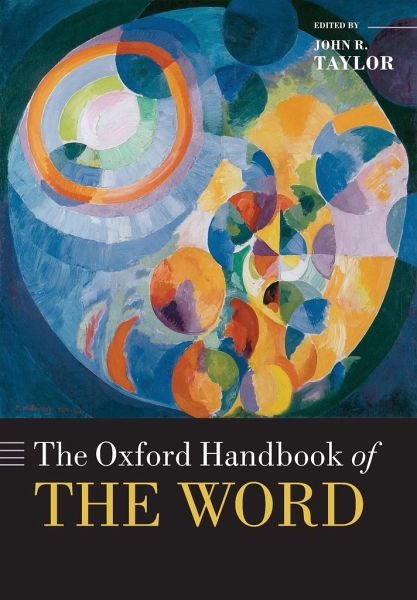
The Oxford Handbook of the Word
Versandkostenfrei!
Versandfertig in 1-2 Wochen
57,99 €
inkl. MwSt.

PAYBACK Punkte
29 °P sammeln!
This handbook addresses words in all their multifarious aspects and brings together scholars from every relevant discipline to do so. The many subjects covered include word frequencies, lexical borrowing, word origins and change, place and personal names, word acquisition and bilingualism, and word games and puzzles.





